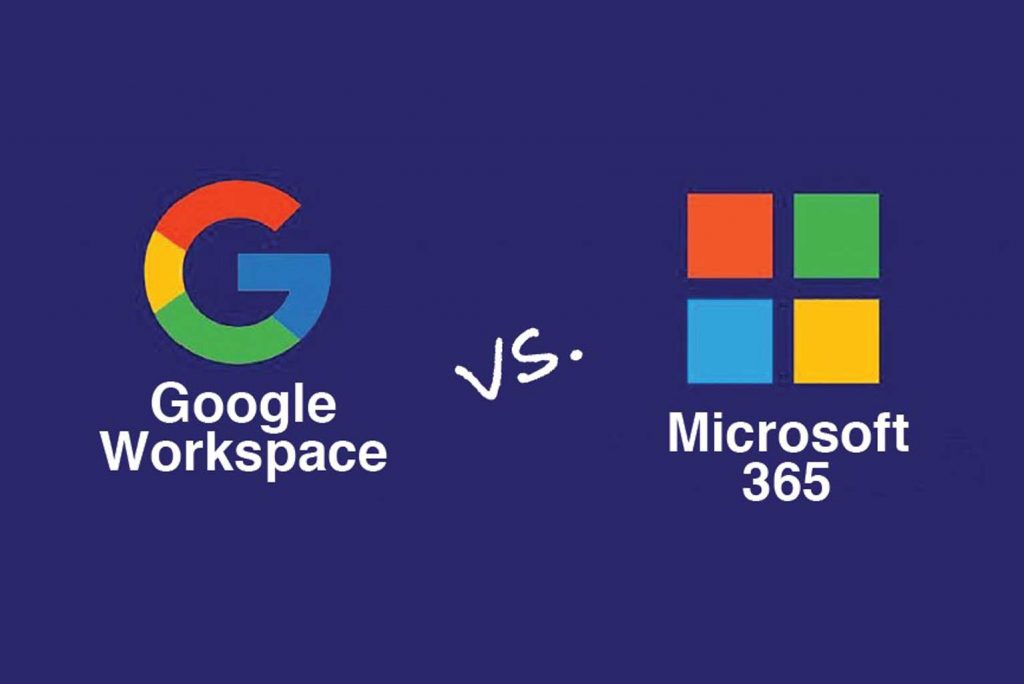In the digital age, where information is readily accessible at our fingertips, the significance of a well-designed and functional website cannot be overstated. This holds especially true for the real estate industry, where potential buyers and sellers turn to the internet to explore properties, research neighborhoods, and connect with real estate professionals. An effective real estate website serves as a virtual storefront, offering a glimpse into the offerings of a real estate agency or individual agent. To stand out in this competitive landscape, here are the key features that contribute to an effective real estate website.
1. Intuitive User Interface (UI) and User Experience (UX): The first impression matters, and a clean and intuitive user interface is crucial for retaining visitors on your real estate website. A well-organized layout, user-friendly navigation, and responsive design that adapts to various devices (desktops, tablets, and smartphones) enhance the user experience. Clear calls-to-action guide visitors towards their desired actions, whether it’s viewing listings, contacting an agent, or signing up for newsletters.
2. Comprehensive Property Listings: At the heart of any real estate website are the property listings. A robust and easily searchable database of listings is essential for attracting and engaging potential buyers. Each listing should include high-quality images, detailed descriptions, property features, pricing information, virtual tours (if possible), and location maps. Advanced search filters allow users to narrow down their options based on criteria such as price range, location, property type, and amenities.
3. Visual Content and Virtual Tours: Visual content, including high-resolution images and videos, can make a significant impact on the overall impression a property leaves on potential buyers. Interactive virtual tours, 360-degree videos, and floor plans provide an immersive experience, allowing users to explore properties as if they were physically present. This feature is particularly valuable for remote buyers or those unable to visit properties in person.
4. Neighborhood and Community Information: A well-rounded real estate website doesn’t just focus on individual properties; it also provides valuable information about the neighborhoods and communities in which those properties are located. Highlight local schools, amenities, transportation options, nearby parks, and other points of interest. This context helps potential buyers assess whether a property aligns with their lifestyle and needs.
5. Testimonials and Reviews: Building trust is essential in the real estate industry, and showcasing testimonials and reviews from satisfied clients can establish credibility and strengthen your brand. Positive experiences shared by previous buyers and sellers can help potential clients feel more confident in their decision to work with your agency or as an individual agent.
6. Agent Profiles and Contact Information: People value personal connections, and featuring comprehensive profiles of your real estate agents, including their expertise, experience, and achievements, can foster a sense of trust and connection. Clear contact information, including phone numbers, email addresses, and links to social media profiles, allows potential clients to reach out easily.
7. Blog and Educational Content: Position yourself as a knowledgeable and helpful resource by incorporating a blog or educational content section. Regularly publishing articles about the real estate market, buying and selling tips, home maintenance advice, and local market trends can attract visitors seeking valuable insights. This not only establishes your expertise but also encourages repeat visits to your website.
8. Integration with Social Media: Incorporating social media integration allows visitors to easily share listings, articles, and other content, extending the reach of your website. Social media platforms also provide additional avenues for engaging with potential clients and establishing a broader online presence.
9. Mobile-Friendly Design: With a significant portion of web traffic originating from mobile devices, ensuring that your real estate website is optimized for mobile viewing is essential. A responsive design ensures that your website looks and functions well on screens of all sizes, enhancing the user experience and accessibility.
10. Lead Capture and Management: A successful real estate website should be equipped with lead capture forms strategically placed throughout the site. These forms enable visitors to express interest, request more information, or schedule appointments. Implementing a lead management system allows you to track and follow up with potential clients effectively.
In conclusion, an effective real estate website goes beyond mere aesthetics; it serves as a powerful tool for attracting, engaging, and converting potential buyers and sellers. By incorporating intuitive design, comprehensive property listings, engaging visual content, informative neighborhood information, testimonials, and more, you can create a digital platform that not only showcases your listings but also establishes your expertise and credibility in the competitive real estate market.





